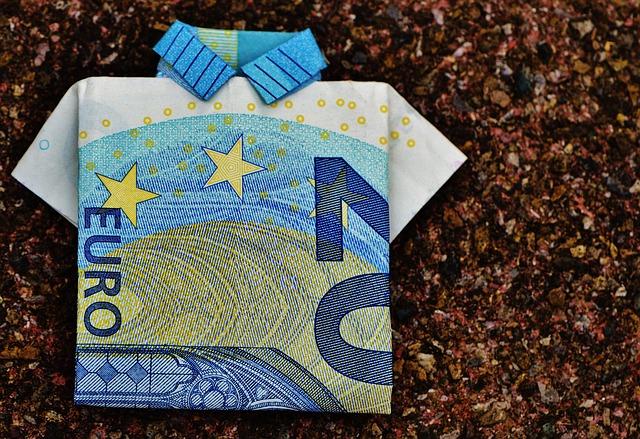The Darknet, a concealed part of the internet, often evokes feelings of mystery and trepidation. As we navigate the digital landscape of the 21st century, understanding the implications and realities of the Darknet becomes increasingly crucial. While many fear it as a breeding ground for illicit activities, there lies beneath its shadowy surface a reflection of broader societal trends and the evolving etiquette of technology use.
In recent years, the Darknet has become a subject of fascination and unease, with reports highlighting everything from illegal drug markets to questionable information exchanges. Yet, what remains overlooked is how these clandestine networks serve as a litmus test for technology etiquette and social norms. The very existence of the Darknet challenges us to reconsider our digital behavior and privacy rights. When facing the anonymity offered by the Darknet, users must grapple with the consequences of their actions in a space where accountability is often obscured.
Social trends are rapidly blurring the lines between acceptable and unacceptable online behavior. As more individuals find refuge in the anonymity of the Darknet, we see a growing community dedicated to discussing issues of censorship, freedom of expression, and civil liberties. This shift raises questions: are users protecting their right to privacy, or are they simply escaping the accountability that comes with public discourse? In this digital age, understanding the essence of technology etiquette becomes imperative. Ethical considerations around data sharing, privacy, and accountability will shape how we interact with all segments of the internet, including the Darknet.
Furthermore, the Darknet’s role in cybersecurity trends cannot be overstated. It serves as a breeding ground for innovative cyber threats, yet it also plays a pivotal role in defense mechanisms. Security experts frequently monitor Darknet forums to gather intelligence on emerging threats, stolen data, and criminal tactics. The Darknet emerges not just as a shadowy underbelly of the web but as a space that reflects the constant cat-and-mouse battle between cybersecurity professionals and malicious actors. Understanding these dynamics is vital in developing robust security protocols that can protect both individuals and organizations.
As society continues to intersect with technology at a rapid pace, the implications of the Darknet stretch beyond mere intrigue. Addressing these shadows requires a balance between curiosity and caution. Embracing ethical technology etiquette means recognizing the impact of our online behaviors while acknowledging the social trends shaping our interactions. Engaging responsibly with the Darknet is not just about avoiding illicit activities; it’s about fostering a culture of accountability and respect in our digital lives. As we move forward, the lessons learned from the Darknet will undoubtedly influence our approach to cybersecurity and the very fabric of our online communities.
Ultimately, the Darknet is a reflection of our society’s complexities, exposing the darker sides of human behavior while also prompting crucial conversations about ethics, privacy, and community responsibility. By embracing these discussions, we can navigate the shadows more effectively, turning the fear of the unknown into an opportunity for enlightenment and growth in our increasingly digital world.



